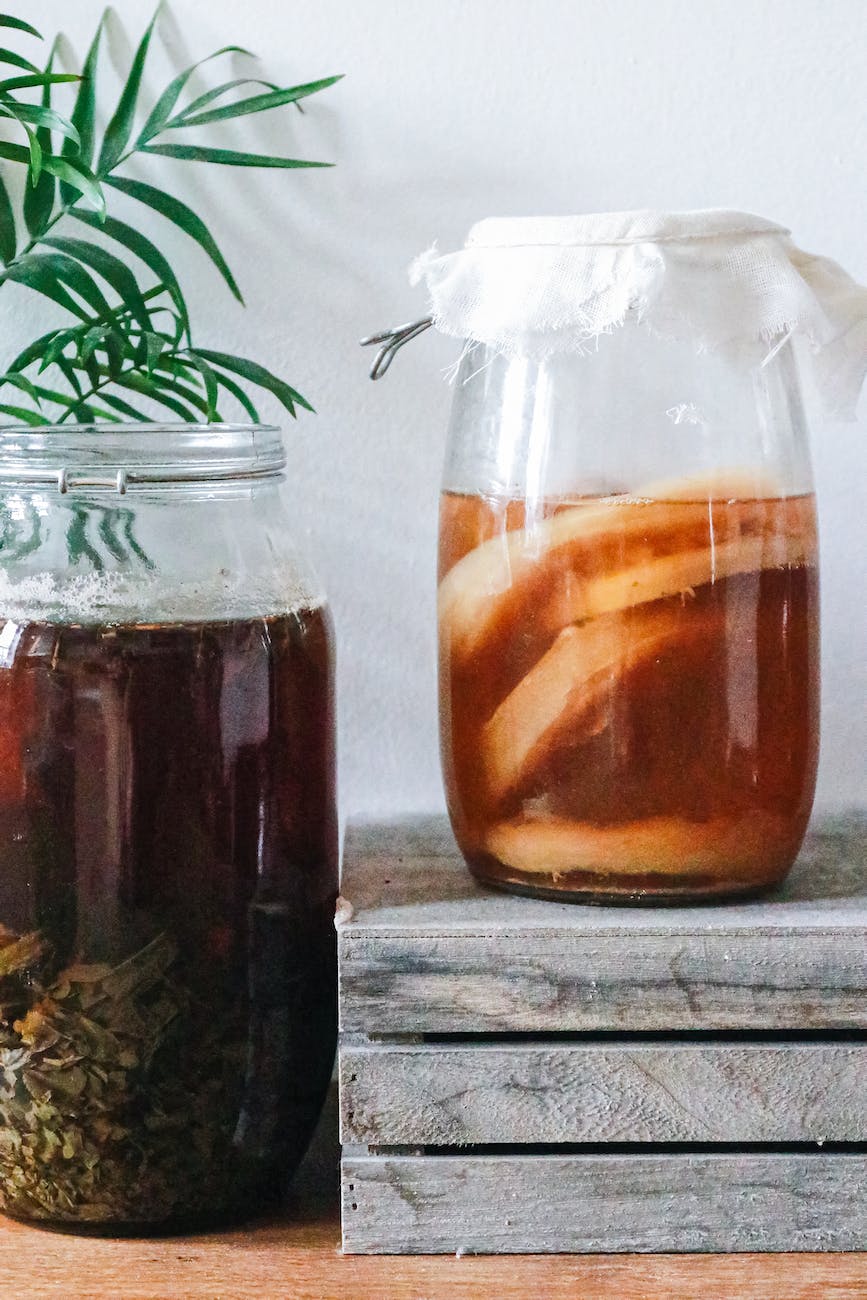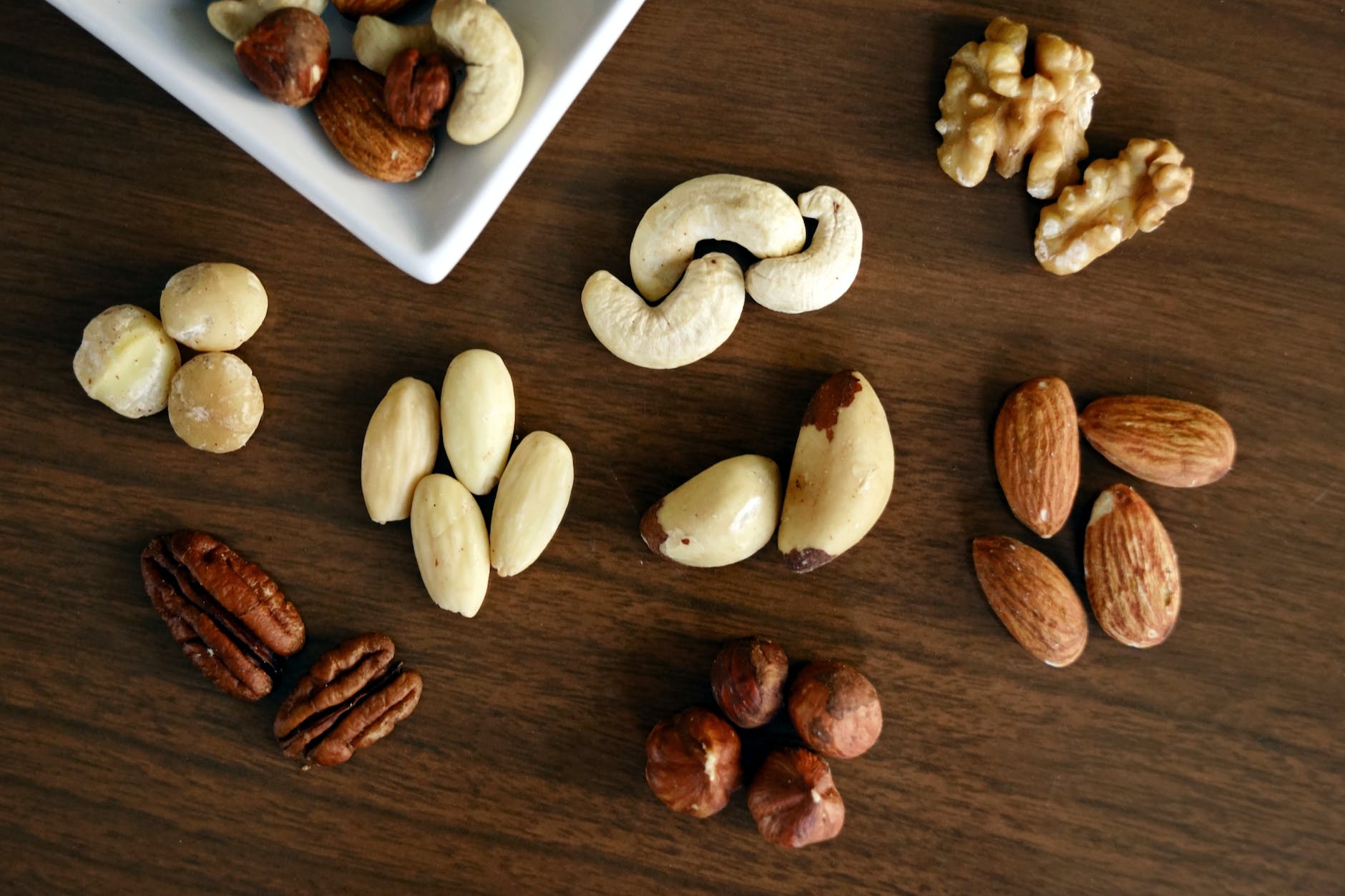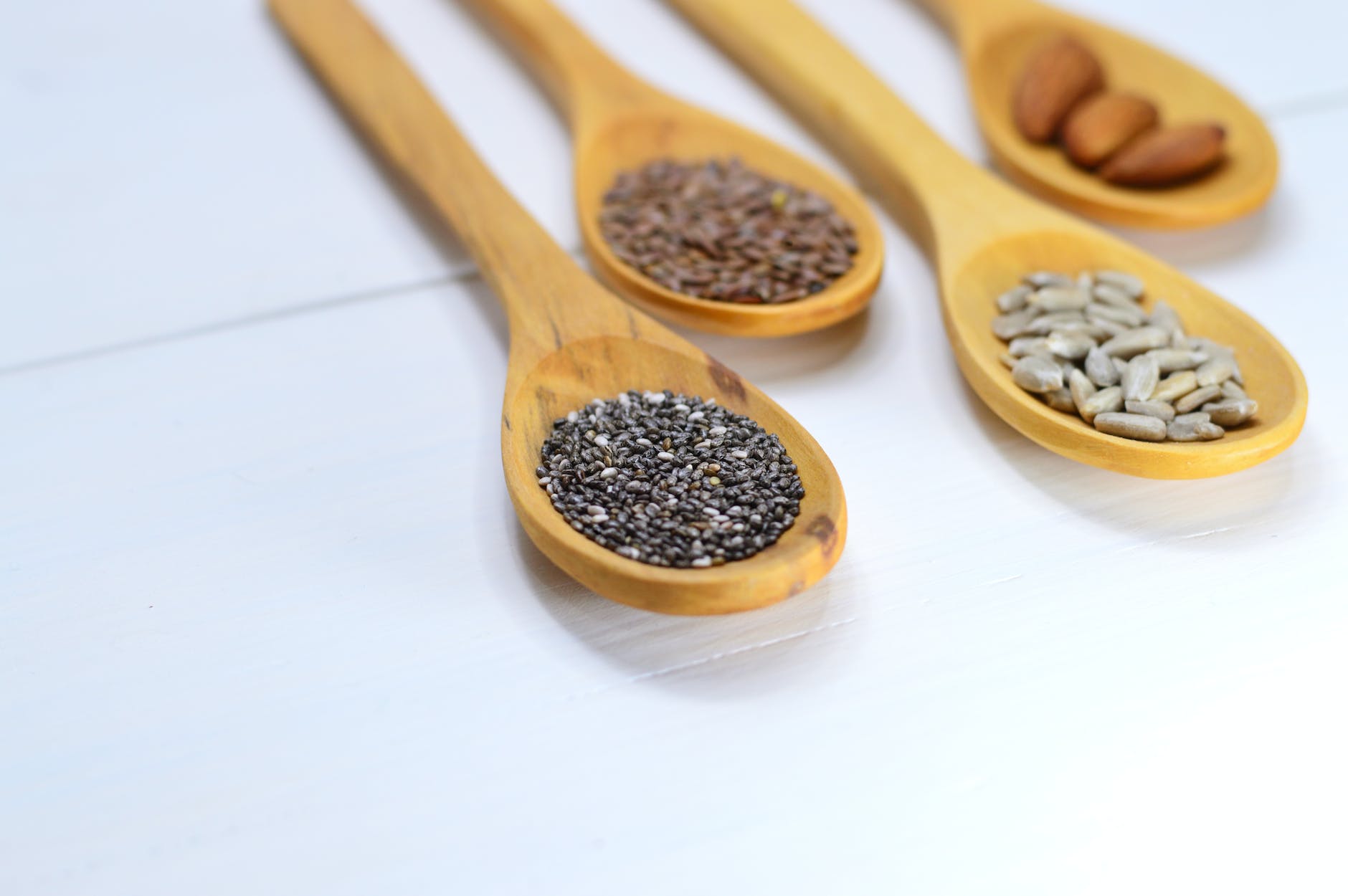
Fermented foods have long been a staple in many global cuisines and for good reason. These foods are not only flavorful but also rich in probiotics, which are beneficial bacteria that support gut health. Including fermented foods in your diet can aid digestion, boost immunity, and even improve mental health. In the plant-based world, fermented foods like sauerkraut, kimchi, tempeh, miso, and kombucha provide a unique flavor profile and a host of health benefits.
Here, we present 10 plant-based meal prep ideas that spotlight fermented foods. Each recipe comes with serving size, estimated macronutrients, and practical meal prep details, along with a comprehensive description of the cooking process.
1. Tempeh Stir-Fry
Begin by marinating tempeh, a fermented soy product from Indonesia, in a flavorful sauce. Stir-fry it with colorful bell peppers, onions, and broccoli. Serve it over brown rice for a protein-rich, probiotic-packed meal.
- Serving Size: 350g
- Macros (per serving): 450 calories, 20g protein, 50g carbs, 20g fat
- Cooking time: 35 minutes
- Best time to eat: Lunch or dinner
- Storage instructions: Store in an airtight container in the refrigerator for up to 4 days. Best reheated before serving.
2. Sauerkraut and Avocado Toast
For a tangy twist on the classic avocado toast, top a slice of whole-grain bread with creamy avocado, homemade sauerkraut, and a sprinkle of chili flakes. This quick and easy meal is a great way to incorporate fermented foods into your breakfast.
- Serving Size: 150g
- Macros (per serving): 300 calories, 10g protein, 30g carbs, 18g fat
- Cooking time: 10 minutes
- Best time to eat: Breakfast or snack
- Storage instructions: Prepare the avocado and sauerkraut mixture in advance and store in an airtight container in the refrigerator for up to 2 days. Assemble the toast just before serving.
3. Miso Soup with Tofu and Seaweed
Miso, a fermented soybean paste from Japan, adds a depth of flavor to this traditional soup. Tofu and seaweed add protein and minerals, making this a balanced, umami-rich meal.
- Serving Size: 300g
- Macros (per serving): 150 calories, 12g protein, 15g carbs, 5g fat
- Cooking time: 25 minutes
- Best time to eat: Lunch or dinner
- Storage instructions: Store in an airtight container in the refrigerator for up to 3 days. Best reheated before serving.
4. Kimchi Fried Rice
Kimchi, a fermented cabbage dish from Korea, is the star of this flavorful fried rice. Cook the rice with kimchi, veggies, and a splash of soy sauce. Top with green onions and a sprinkle of sesame seeds.
- Serving Size: 350g
- Macros (per serving): 500 calories, 12g protein, 80g carbs, 15g fat
- Cooking time: 30 minutes
- Best time to eat: Lunch or dinner
- Storage instructions: Store in an airtight container in the refrigerator for up to 4 days. Best reheated before serving.
5. Vegan Kombucha Pancakes
For a fun, fermented twist on pancakes, use kombucha, a fermented tea drink, in the batter. These pancakes are fluffy and slightly tangy, perfect for a healthy breakfast. Top with fresh berries and a drizzle of maple syrup.
- Serving Size: 200g
- Macros (per serving): 250 calories, 6g protein, 50g carbs, 4g fat
- Cooking time: 20 minutes
- Best time to eat: Breakfast
- Storage instructions: Store in an airtight container in the refrigerator for up to 3 days. Best reheated before serving.
6. Tempeh and Vegetable Skewers
Marinate tempeh and your favorite veggies in a savory sauce, then thread them onto skewers. Grill until lightly charred. These skewers are a great source of protein and can be served with a side of quinoa or brown rice.
- Serving Size: 300g
- Macros (per serving): 400 calories, 20g protein, 45g carbs, 15g fat
- Cooking time: 40 minutes (including marinating time)
- Best time to eat: Lunch or dinner
- Storage instructions: Store in an airtight container in the refrigerator for up to 4 days. Best reheated before serving.
7. Miso Glazed Eggplant
Slice eggplant into thin rounds and brush with a glaze made from miso paste, rice vinegar, and sesame oil. Roast until tender and caramelized. This dish can be served as a main course or a side dish and pairs well with brown rice.
- Serving Size: 200g
- Macros (per serving): 200 calories, 5g protein, 30g carbs, 10g fat
- Cooking time: 30 minutes
- Best time to eat: Lunch or dinner
- Storage instructions: Store in an airtight container in the refrigerator for up to 3 days. Best reheated before serving.
8. Vegan Kimchi Quesadillas
Spread vegan cheese and kimchi between two tortillas, then cook until the cheese is melted and the tortillas are crispy. Cut into wedges and serve with a side of salsa. These quesadillas are a fun fusion dish that incorporate the probiotic benefits of kimchi.
- Serving Size: 200g
- Macros (per serving): 400 calories, 10g protein, 45g carbs, 20g fat
- Cooking time: 15 minutes
- Best time to eat: Lunch or dinner
- Storage instructions: Best served immediately. If needed, store in an airtight container in the refrigerator for up to 2 days and reheat before serving.
9. Sauerkraut and Vegan Sausage Hot Dog
Top a vegan sausage with a generous helping of sauerkraut and your favorite condiments. Serve on a whole-grain bun for a plant-based take on a classic hot dog.
- Serving Size: 150g
- Macros (per serving): 300 calories, 15g protein, 30g carbs, 15g fat
- Cooking time: 15 minutes
- Best time to eat: Lunch or dinner
- Storage instructions: Assemble the hot dog just before serving. Store the cooked sausages and sauerkraut separately in the refrigerator for up to 4 days.
10. Vegan Kombucha Smoothie
Blend kombucha with mixed berries, a banana, and a handful of spinach for a refreshing, probiotic-rich smoothie. This smoothie is a great way to start your day or to refuel after a workout.
- Serving Size: 300g
- Macros (per serving): 200 calories, 5g protein, 45g carbs, 1g fat
- Cooking time: 5 minutes
- Best time to eat: Breakfast or snack
- Storage instructions: Best served immediately. If needed, store in an airtight container in the refrigerator for up to 1 day.
Fermented foods are a wonderful addition to a plant-based diet, providing a range of flavors and health benefits. We hope these meal prep ideas inspire you to incorporate more fermented foods into your routine. Remember, these recipes are just a starting point – feel free to experiment and create your own. We’d love to hear about your cooking adventures and how you’re incorporating fermented foods into your meal prep. Share your thoughts, ideas, and experiences in the comments below. If you found this post helpful, please share it with your friends and family. Happy cooking!













